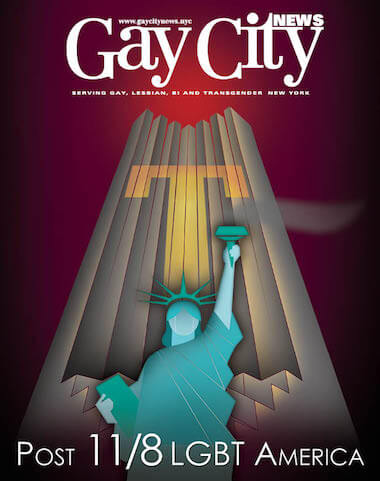Ibrahim Ahmed aka Pino and Layla Walet Mohamed in Abderrahmane Sissako’s “Timbuktu.” | COHEN MEDIA GROUP
It’s sad when foolish people try to defend their faith in ways that wind up promoting stereotypes about it. It’s even tragic, as the massacre at Charlie Hebdo shows. Abderrahmane Sissako’s “Timbuktu,” made in Mauritania but set in Mali, is a cri de coeur from a Muslim artist against Islamic fundamentalism that many people have been waiting for. Expect Islamophobes to ignore it. It's unlikely to receive more than a small arthouse run in the US. Alas, the Muslim stereotypes of TV shows like “Tyrant” and “Homeland” will reach a far greater American audience than this report from the frontlines against groups like Boko Haram.
Near the Malian city of Timbuktu, a group of Islamic fundamentalists strut into a town and take over. They declare bans on music and women going outside without wearing gloves and socks. Cattle herder Kidane (Ibrahim Ahmed aka Pino) lives in the Sahara with his wife Satima (Toulou Kiki), daughter Toya (Layla Walet Mohamed), and 12-year-old shepherd Issan (Mehdi A.G. Mohamed). They’re isolated enough to avoid the jihadists (the term used in the film’s credits and press materials). The local, moderate imam is cast away, and the Sharia courts issue awful sentences for the most trivial offenses. Unfortunately, Kidane’s path crosses with the jihadists when he accidentally kills a fisherman who slaughtered his favorite cow, GPS. Forced to live by their laws, he’s called to their improvised court.
Sissako does justice to the beauty the fundamentalists thoughtlessly trash. In one of the film’s first few scenes, they use ancient wooden masks for target practice. One might think the desert would be dry and monochromatic, but Sissako and cinematographer Sofiane El Fani bring out its full range of colors. Aided by expert production and costume design, his characters’ dwellings and clothes are bright and lively. Mali is known for its music scene, with artists like Tinariwen and Amadou & Mariam gaining an international following for their mixtures of blues, rock, and indigenous styles; the soundtrack of “Timbuktu,” which mixes Malian and orchestral music (composed by Amin Bouhafa), is remarkable. The film shows the impossibility of a ban on music — song is fully integrated into its characters’ lives.
Abderrahmane Sissako’s story of Mali is a Muslim response to terror
Unfortunately, “Timbuktu” falls a little short when it tries to show resistance to the fundamentalists. Slowly but surely, their pronouncements take on real force. The harmless pastime of soccer earns one man 40 lashes, so a group of children mime a soccer game without a ball. Sentenced to 80 lashes for singing, a woman breaks out into song under the whip. Alas, these scenes strive too hard for poetic effect and wind up feeling a bit corny.
There’s an oddly calm and placid tone to “Timbuktu,” especially at first. The fundamentalists’ takeover seems like something with which one can argue, as the town imam tries. They ignore him. The film emphasizes the multicultural nature of Mali; while some of the fundamentalists have quite dark skin, they tend to be lighter-skinned than the people they’re ordering around, suggesting their domination is a new form of colonialism. Even the fundamentalists seem confused about their mission, while they carry it out with deadly force. Told to make a video emphasizing his conversion from Western values, a former rapper is too nervous to make it through several takes, each one more awkward.
Sissako reminded us that the whole world wasn’t anticipating a Y2K Armageddon in “Life on Earth,” made for the “2000 Seen By” series, which brought apocalyptic visions from Don McKellar and Tsai Ming-liang. He attacked neocolonialism in his last film, “Bamako.” Slowly paced and relatively muted in tone, “Timbuktu” fits into the tradition of African art cinema. Slowly, Sissako has become one of the few directors from sub-Saharan Africa to have an audience outside it. Such exposure sometimes brings questions about authenticity, especially when one is working with European financing, as Sissako is here. However, in this case, Sissako uses his platform to cry about something of great importance and urgency. His characters ignored Y2K in “Life on Earth,” but they can’t ignore the rise of Islamic fundamentalism now.
TIMBUKTU | Directed by Abderrahmane Sissako | Cohen Media Group | In Arabic, Bambara, English, French, Songhay, and Tamasheq with English subtitles | Opens Jan. 28 | Film Forum, 209 W. Houston St. | filmforum.org | Lincoln Plaza Cinema, 1886 Broadway at 62nd St.| lincolnplazacinema.com



































